Pay Attention To These Liver Symptoms Before It's Too Late
In this video we will explore the most common signs of liver problems.
Your liver is the largest organ in your body. It helps your body digest food, store energy, and eliminate toxins.
Liver problems develop inconspicuously and without obvious symptoms in the early stages, but the disease can be largely prevented by lifestyle changes.
When symptoms develop, it's likely due to scarring of the liver from damage. This is known as cirrhosis.
Symptoms of liver disease can vary, but often include swelling in the abdomen and legs, easy bruising, changes in the color of stool and urine, and jaundice (yellowing of the skin and eyes). Sometimes there are no symptoms at all.
According to the Cleveland Clinic, there are more than 100 types of liver disease.
As you can imagine, not all types of liver disease cause the same symptoms. However, when the liver stops working properly, these diseases can cause the same symptoms and signs of liver disease.
Here are some early signs that may indicate your liver is in trouble.
0:00 Introduction
0:05 Symptoms of liver disease
0:46 Liver disorder causes
0:54 Signs your liver may be in trouble
2:32 Liver disease diagnosis
2:42 How to prevent liver diseases naturally
3:07 Outro
#liver #liverdisease #health #naturalcures
----------------------------------------
Facebook: https://bit.ly/38BWbw3
Pinterest: https://bit.ly/2Irvwa6
Disclaimer: The materials and the information contained on Natural Cures channel are provided for general and educational purposes only and do not constitute any legal, medical or other professional advice on any subject matter. These statements have not been evaluated by the FDA and are not intended to diagnose, treat or cure any disease. Always seek the advice of your physician or other qualified health provider prior to starting any new diet or treatment and with any questions you may have regarding a medical condition. If you have or suspect that you have a medical problem, promptly contact your health care provider.
-
 3:27
3:27
Natural Cures
3 years ago11 Signs Your Liver Is in Trouble (And What To Do About It)
70 -
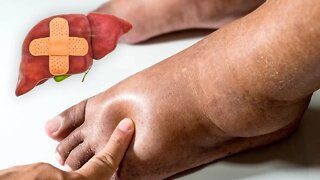 4:09
4:09
Natural Cures
4 years ago6 Signs of Liver Problems Hidden On Your Feet
26 -
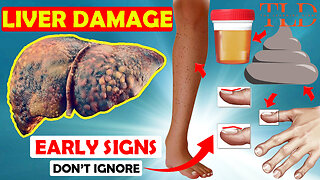 6:05
6:05
TheLearningDiary
5 months ago🚨 Warning: 10 Warning Signs of Liver Damage You Can't Ignore! 🚨
60 -
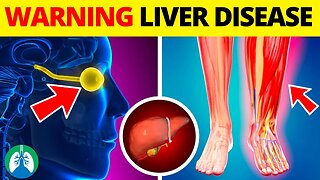 9:24
9:24
Respiratory Therapy Zone
1 year agoTop 10 Early Warning Signs of Liver Disease ⚠️
112 -
 7:06
7:06
Lilly Natures Blessings
8 months agoEmotions Associated With Liver Stagnation
7 -
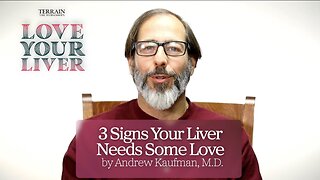 5:00
5:00
Andrew Kaufman, M.D.
1 year ago3 Signs Your Liver Needs Some Love by Andrew Kaufman, M.D.
989 -
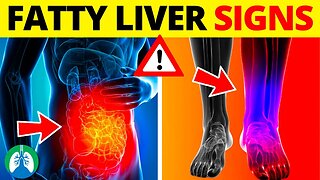 9:46
9:46
Respiratory Therapy Zone
2 years ago⚡ Top 10 Signs and Symptoms of Fatty Liver You MUST AVOID
131 -
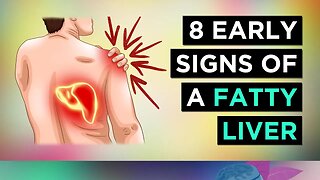 12:19
12:19
Ryan Taylor Natural Remedies
1 year ago8 Signs You Have A FATTY LIVER
59 -
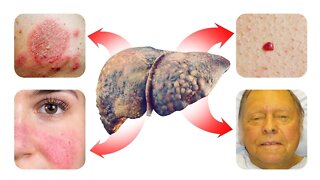 6:41
6:41
Dr. Eric Berg
1 year ago15 SKIN Signs that Reveal Your Liver is in Trouble
267 -
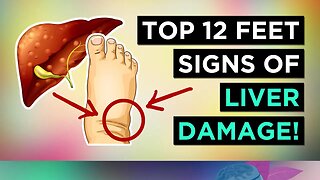 9:16
9:16
Ryan Taylor Natural Remedies
2 years ago12 Signs Your Feet Give About Liver Problems
37